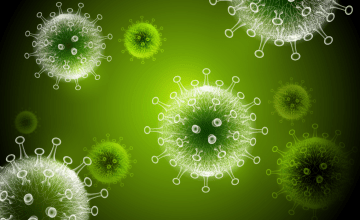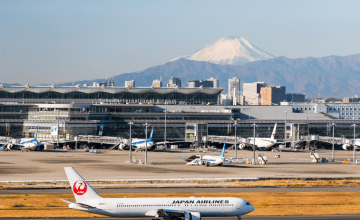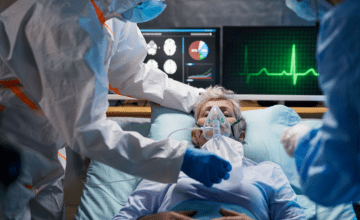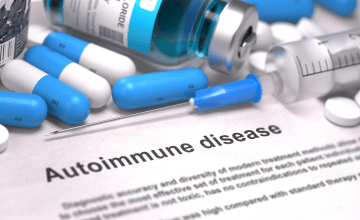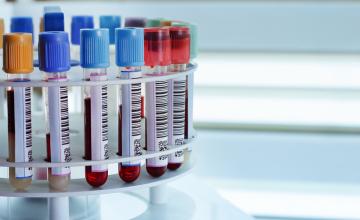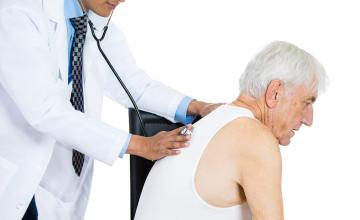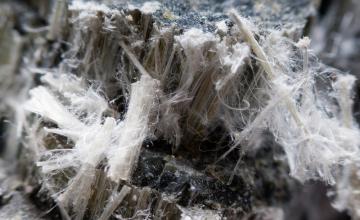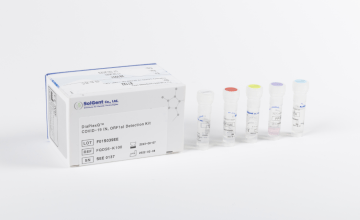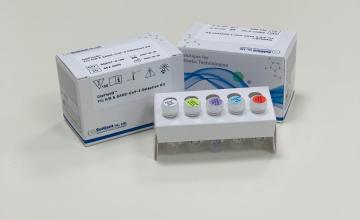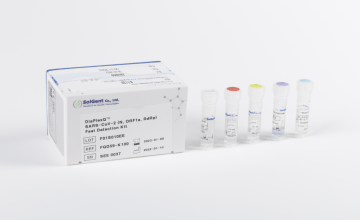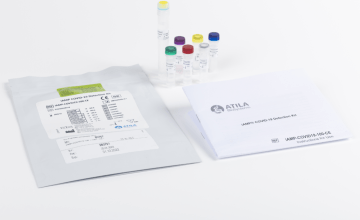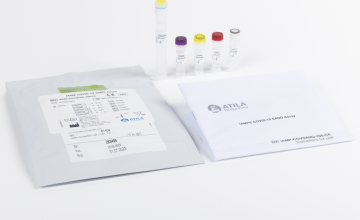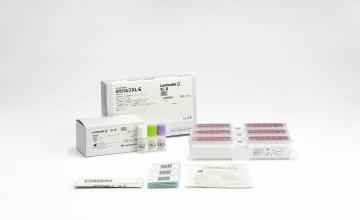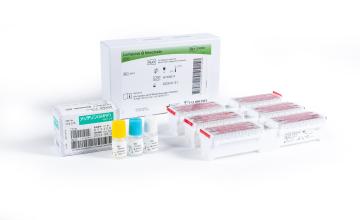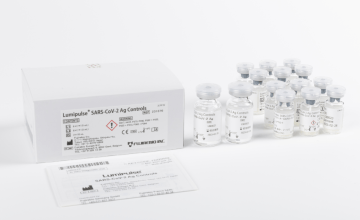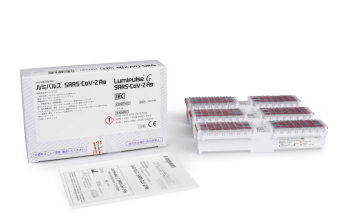Webinar: Lumipulse® G KL-6, the biomarker for routinely assessment of epithelial alveolar damage in pulmonary fibrosis and COVID-19
During this webinar
- Dr. Francesco Bonella (MD)
Center for Interstitial & Rare Lung Disease, Department of Pulmonology, Ruhrlandklinik University Hospital, Essen, Germany, - Dr. Elena Bargagli (MD)
Respiratory Diseases and Lung Transplantation, Department of Medical and Surgical Sciences and Neurosciences, Siena University Hospital, Siena, Italy, - Dr. Diego Castillo (MD)
Pneumology and Allergy Service of the Hospital de la Santa Creu i Sant Pau, Barcelona, Spain and - Dr. Miriana d'Alessandro (PhD, Biologist)
Respiratory Diseases and Lung Transplantation, Department of Medical and Surgical Sciences and Neurosciences, Siena University Hospital, Siena, Italy
discussed the latest information on the role of KL-6 in the management of patients at high risk of developing Acute Respiratory Distress Syndrome (ARDS) as well as in the evaluation of residual fibrosis as a result of acute lung injury (ALI) after COVID-19 infection.
View the complete webinar below:
About Krebs von den Lungen (KL-6):
KL-6 is a mucin-like glycoprotein expressed on the surface membrane of alveolar epithelial cells (AEC) and bronchiolar epithelial cells.
Type II AEC are centrally involved in the pathobiology of Interstitial Lung Diseases (ILD). Serum KL-6 reflects AEC-II injury by direct leakage through the interstitium to the bloodstream.
KL-6 is also showing evolving evidence as a valuable tool in the current COVID-19 pandemic to aid in early identification of patients at high risk of developing Acute Respiratory Distress Syndrome (ARDS) as well as assist in the evaluation of residual fibrosis as a result of acute lung injury (ALI) after COVID-19 infection.
Find many more resources about KL-6 at www.fujirebio.com/kl-6

